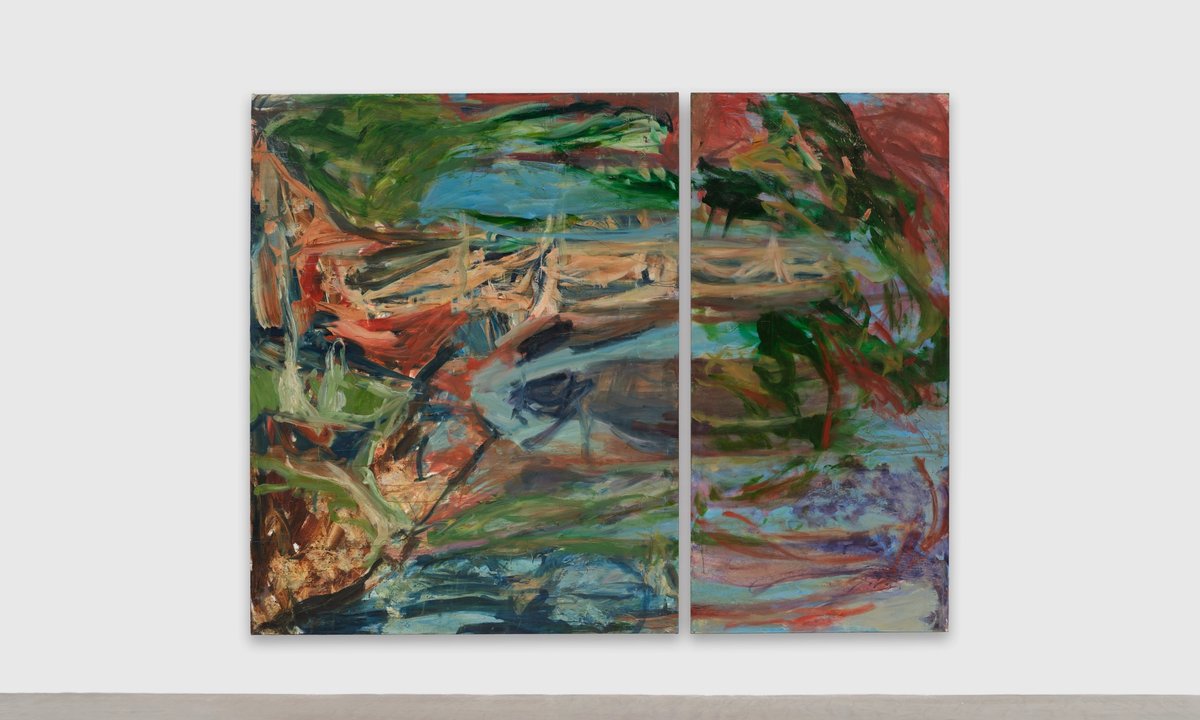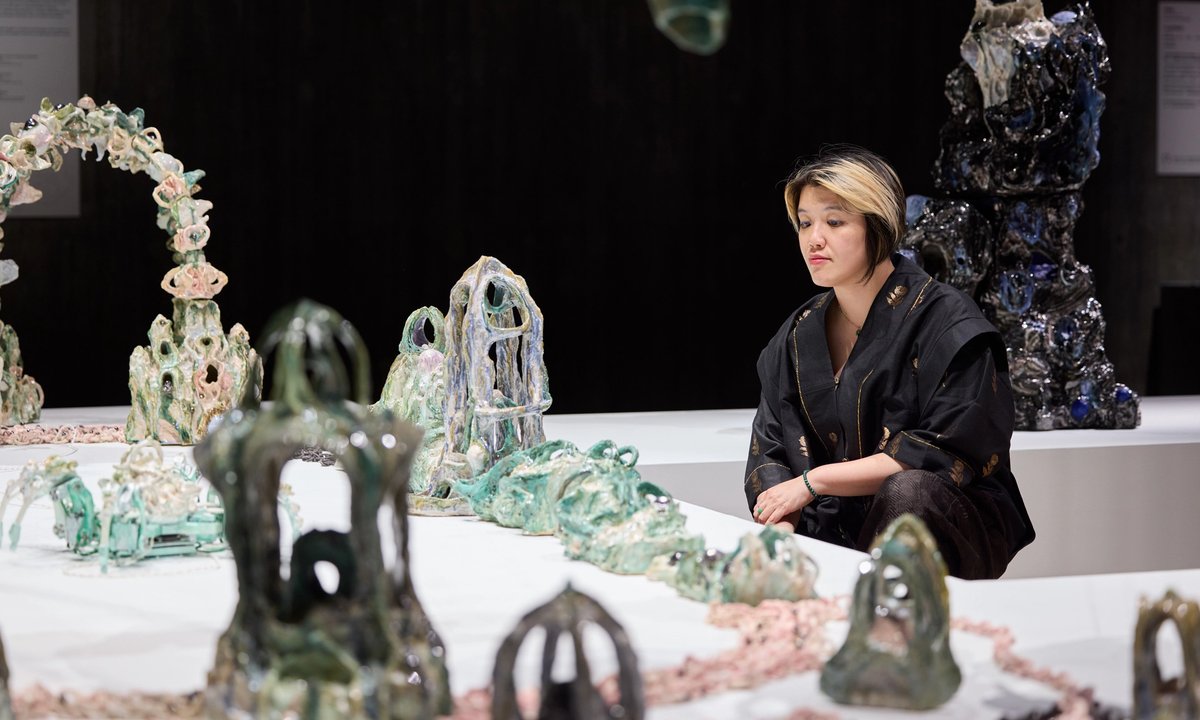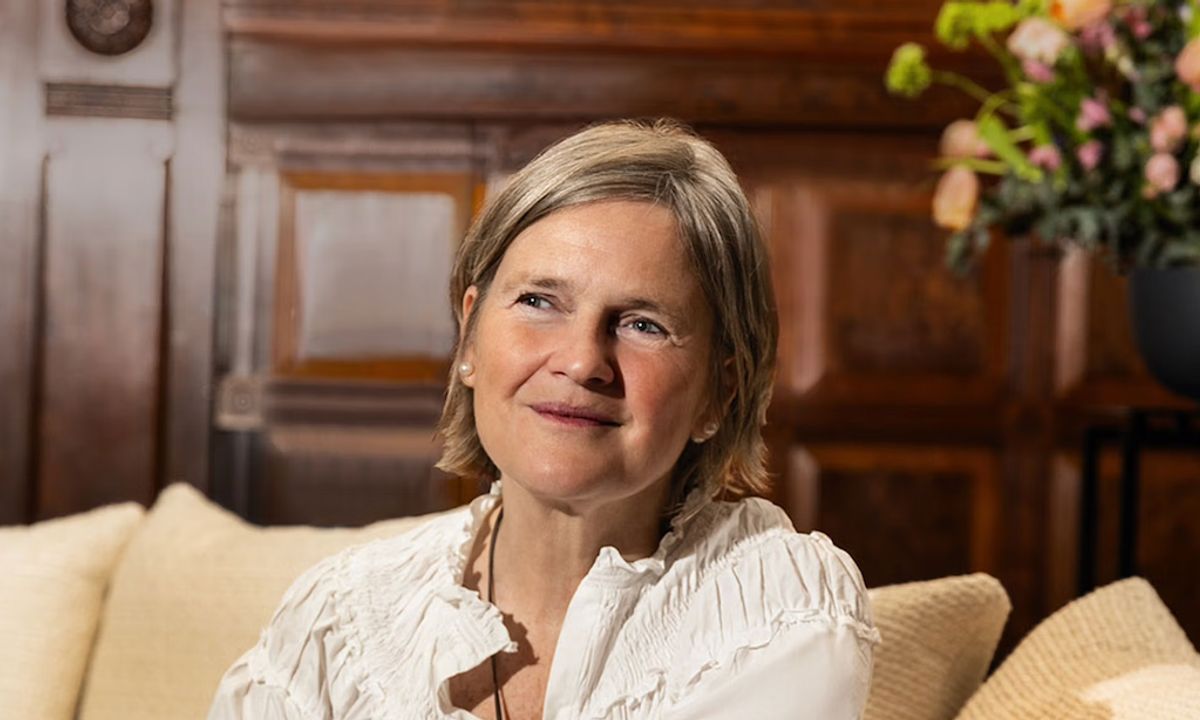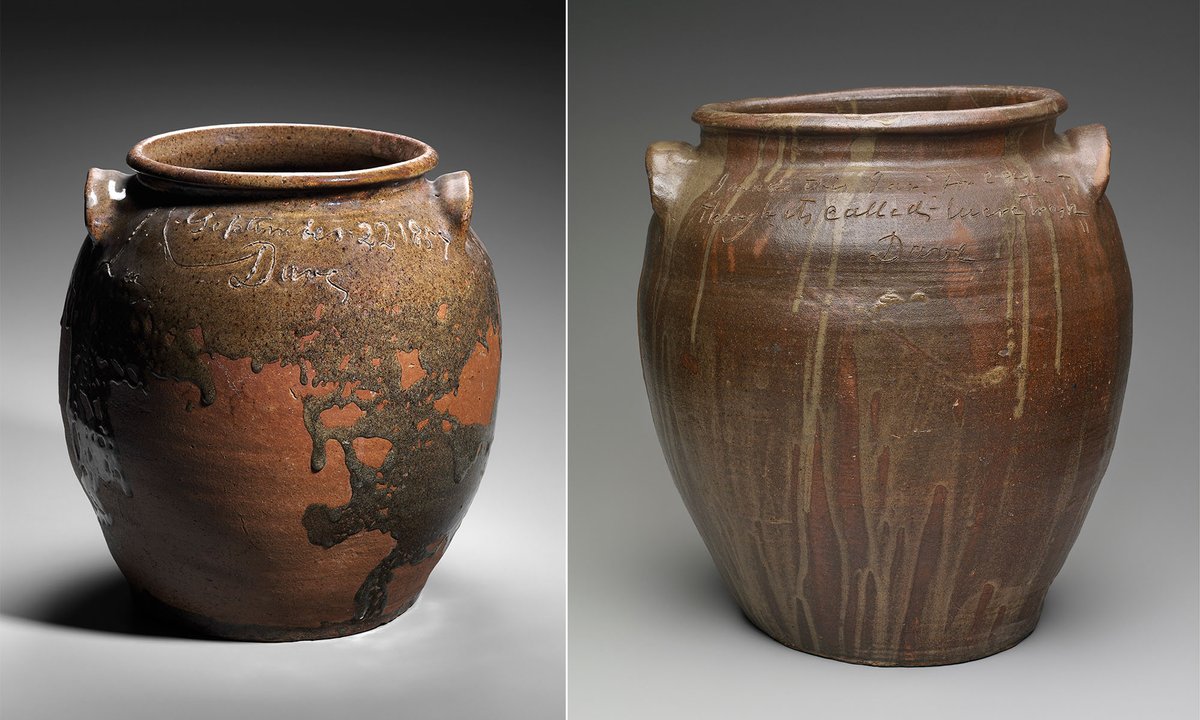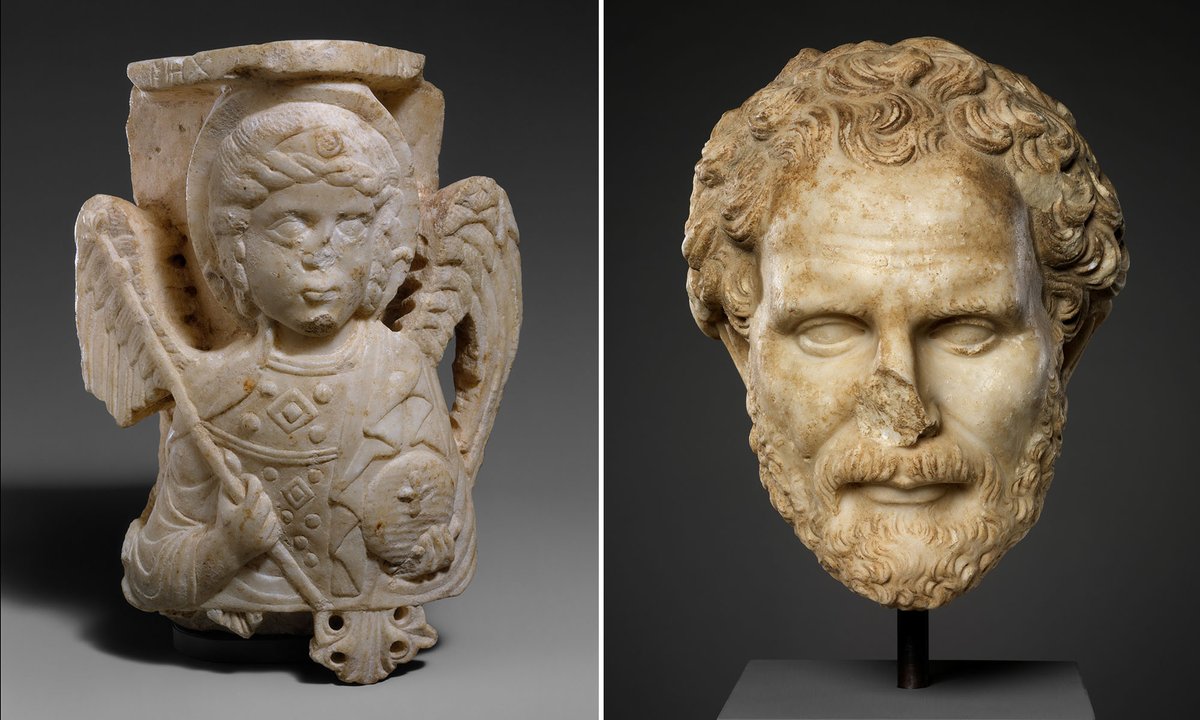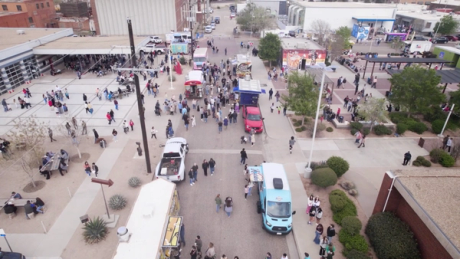
The mayor of Lubbock—a city of more than 260,000 in northwest Texas—has responded to calls to reinstate funding for a local monthly art walk after the city council voted to slash tens of thousands of dollars over a drag queen performance and other LGBTQ+ programming, as the campy art form continues to find itself in the crosshairs of the US culture wars.
Last week, the Lubbock City Council voted 5-2 to slash $30,000 in funding from the Louise Hopkins Underwood Center for the Arts (LHUCA). The figure represents about 25% of funding necessary for the LHUCA to run the First Friday Art Trail. The free, self-guided walk through downtown Lubbock began in 2004 and highlights local museums, galleries, art centres and small businesses. Visitors can also take a free trolley along the downtown route. Each month, the event attracts as many as 20,000 people.
This year’s grant for the trail was initially approved by Civil Lubbock Inc (CLI), a non-profit that works in tandem with the city to distribute grants for art programming using taxes collected from local hotel stays. However, the city council voted against CLI’s recommendation to once again award a grant to the LHUCA during a 23 July council meeting.
Lubbock mayor Mark McBrayer, who indicated during the meeting he supported slashing the funding, took to social media this week after the vote resulted in outrage locally.
“A common concern that many of you shared in your phone calls and email was that CLI and LHUCA were not made aware in advance that the vote to defund would occur and were not provided an opportunity to respond,” McBrayer wrote in a statement. “City staff and I have since reached out to representatives of CLI and LHUCA to allow them to respond, and they have done so by providing additional facts and specificity, which I believe may have impacted the council’s analysis.”
McBrayer wrote in his statement that not every grant application is awarded funding, nor could the programme provide substantial funds for all the events that happen within the city.
“Although I cannot speak for anyone else on the city council, with the additional information received, I’m hopeful we will come to an arrangement regarding funding the grant with LHUCA and [First Friday Art Trail] for the coming year,” McBrayer said. “With that, I simply ask that you give the city council an opportunity to work through this in a way that provides support for the arts in Lubbock that is beneficial for our entire community.”
When it came time for the Lubbock City Council to approve CLI’s recommendations last week, councilmember David Glasheen raised concerns that the art walk was “promoting [the] LGBT agenda” and responsible for children’s increased exposure to “sexually explicit content”.
Glasheen, who took office in May and has described himself as a “pro-liberty Republican”, said the art walk consisted of programming like “Queering West Texas”, an LGBTQ+ workshop and drag performances that were “subsidised and promoted by tax dollars”. Glasheen claimed the art walk planned to offer full drag performances in 2025.
“It’s not appropriate to target children with these child-friendly LGBT workshops,” Glasheen said, according to the Lubbock Avalanche-Journal. “And it’s certainly not appropriate for tax dollars to be used to promote it.”
The workshop Glasheen mentioned was actually a Pride month exhibition organised by students at the Texas Tech School of Art satellite gallery, which runs independently from LHUCA, according to Glasstire. The site hosted family-friendly art activities during the Lubbock Pride Fest, which has no direct ties to art trail programming. Glasstire reported that the drag performances Glasheen referred to may have been a showcase held earlier this month for an exhibition at Charles Adams Studio Projects. After confusion among leaders at the non-profit over Texas laws regarding drag, performers stripped down to their shapewear and put on a show “out of drag”. Neither of these examples were official LHUCA programming.
During the council meeting, not all members agreed with Glasheen’s characterisation of the art walk.
“We don’t get to pick who we are representing. We have to be inclusive of our community,” said councilmember Christy Martinez-Garcia. “We have to put the unity in community. I just cannot understand where this is coming from.”
Martinez-Garcia, who represents the district the art walk is held in, told the Texas Tribune that “more people attend First Friday than vote” in Lubbock elections.
“As this city grows and in the interest of the city to build up downtown, we need to make it open to anybody and everybody,” Martinez-Garcia said during the meeting. “[The art walk] allows us to choose, just like when I choose what TV station I want to watch. I don’t think all the programming is based just on [LGBTQ+].”
After the vote, a spokesperson for the LHUCA said in a statement that its leaders were “terribly disappointed and disheartened” by the council’s decision, and disputed Glasheen’s claims about LGBTQ+ programming at the event. The events Glasheen mentioned were held at another location, not on the art centre’s property, the statement explained. Each of the art walk’s roughly 15 stops are responsible for their own programming.
The slashed $30,000 would have largely gone toward event security, the trolley service, signage and paying local musicians and artists. The centre’s statement also claimed the city council had not reached out with questions or points of clarification about their programming or funding before the vote.
Martinez-Garcia told the Texas Tribune she requested an item to reconsider the vote on the agenda for the city council’s next meeting. The next First Friday Art Trail will be held on 2 August.
The vote in Lubbock is part of a larger push by conservatives across the US to ban drag performances, claiming they are doing so to protect young children from sexually explicit material. Last year, a federal judge in Texas blocked the state from enforcing legislation that would have criminalised some drag performances if children were in the audience.
“Drag shows express a litany of emotions and purposes, from humour and pure entertainment to social commentary on gender roles,” US District Judge David Hittner wrote in the ruling. “There is no doubt that at the bare minimum these performances are meant to be a form of art that is meant to entertain, alone this would warrant some level of First Amendment protection.”

